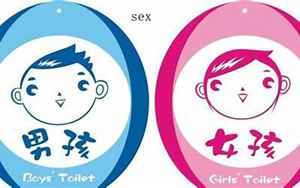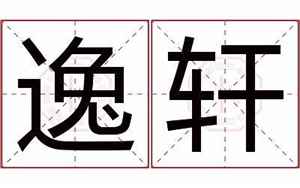gender是什么意思(gender的意思是)

Gender refers to the socially constructed characteristics and roles that society assigns to individuals based on their biological . It is important to understand that gender is distinct from biological , which refers to the physical and physiological differences between males and females.。
Historically, gender roles have been rigidly defined. Men were expected to be providers and protectors, while women were relegated to the domestic sphere and expected to be nurturing and submissive. These traditional gender roles have been challenged over time, and gender norms and expectations have become more fluid and diverse.。
In recent years, there has been a growing awareness of the fluidity of gender identity and expression. Some individuals may identify as transgender, meaning they identify with a gender that is different from their biological . Others may identify as gender non-conforming, meaning they do not adhere to traditional gender norms or expectations.。
Gender is a complex and multifaceted issue, and there is still much work to be done to achieve gender equality and promote gender diversity and inclusion. But by recognizing the importance of gender and taking action to address gender discrimination and inequality, we can create a world that is more just, equal, and inclusive for all.。
gender中文意思
gender是指社会和文化上的性别角色和身份。它不同于生物学上的性别,而是指某人所认同的性别身份,包括男性、女性、非二元性别、跨性别等。在社会学、心理学、人类学等学科领域中,gender被广泛研究和讨论。中文意思:性别(指社会和文化上的性别角色和身份)。
热门推荐
推荐阅读
热门标签
热门精选
- 06-26时柱亡神(亡神在时柱代表什么)
- 07-06财帛宫贪狼化忌(贪狼星贪狼化忌代表什么)
- 06-23劫财坐七杀(七杀坐劫财什么意思七杀坐劫财的含义)
- 06-24今年是几几年(今年是什么年)
- 06-29属牛的招财颜色(属牛的什么颜色最旺)
- 06-25火天大有卦详解(大有卦有什么寓意启示)
- 07-05雷风恒卦详解(看完自己就会占卦了)
- 07-05梦见掐死虱子发大财(梦到掐死虱子发大财是什么预兆)
- 06-29偏财制枭八字(为什么偏财制枭发大财)
- 07-05比肩坐食神(比肩坐食神代表什么呢)
算卦财运最新文章



- 09-29gender是什么意思(gender的意思是)
- 09-29中国小吃(全国最好吃的十大小吃排行榜)
- 09-29龙的三合(属龙的三合生肖是什么)
- 09-29武汉市地铁(武汉地铁运营的微博)
- 09-29梦见别人小孩吃自己奶(梦见别人孩子吃自己的奶有什么预兆)
- 09-29cmi值(cmi值是指什么)
- 09-29工作的运势叫什么(生肖鼠2022年工作运势分析)
- 09-29梦见别人家的炕(女人梦见别人家炕是什么意思)
- 09-29梦见自己追着别人要钱(梦见追别人要钱有什么预兆)
- 09-29碗盘的花纹 运势如何(家里碗用什么颜色吉利)












